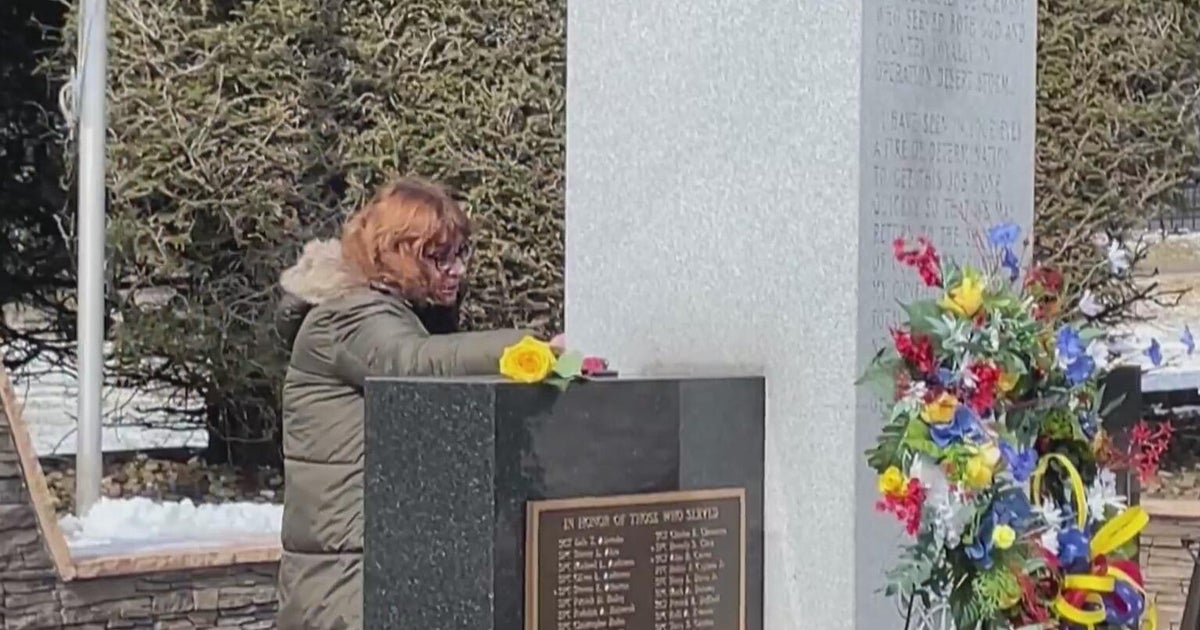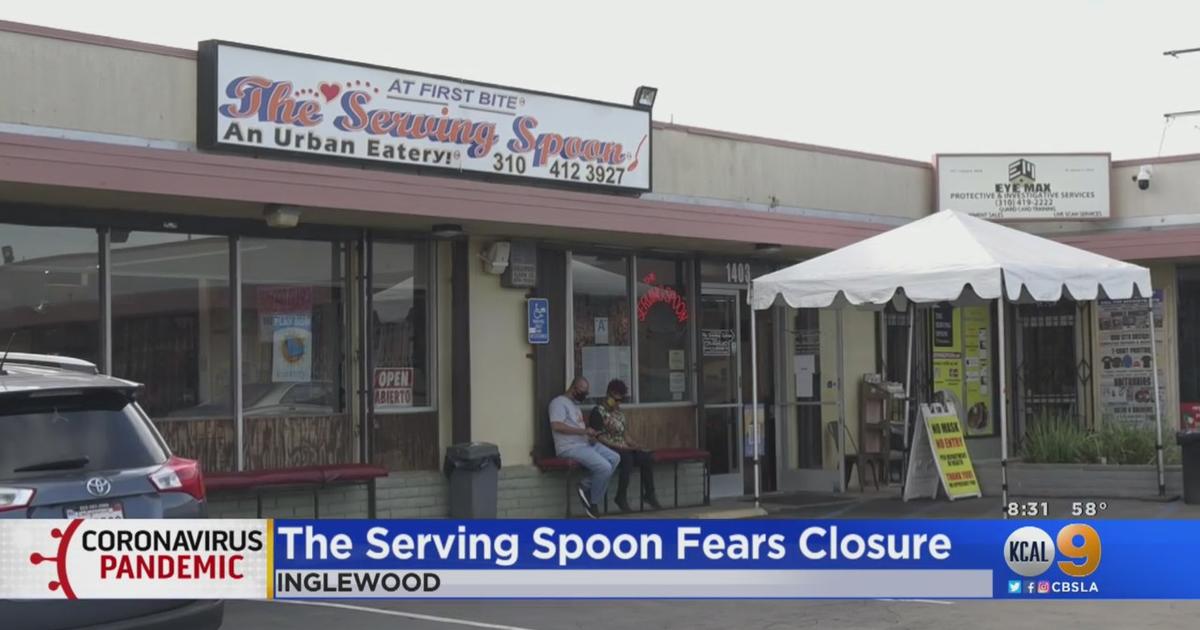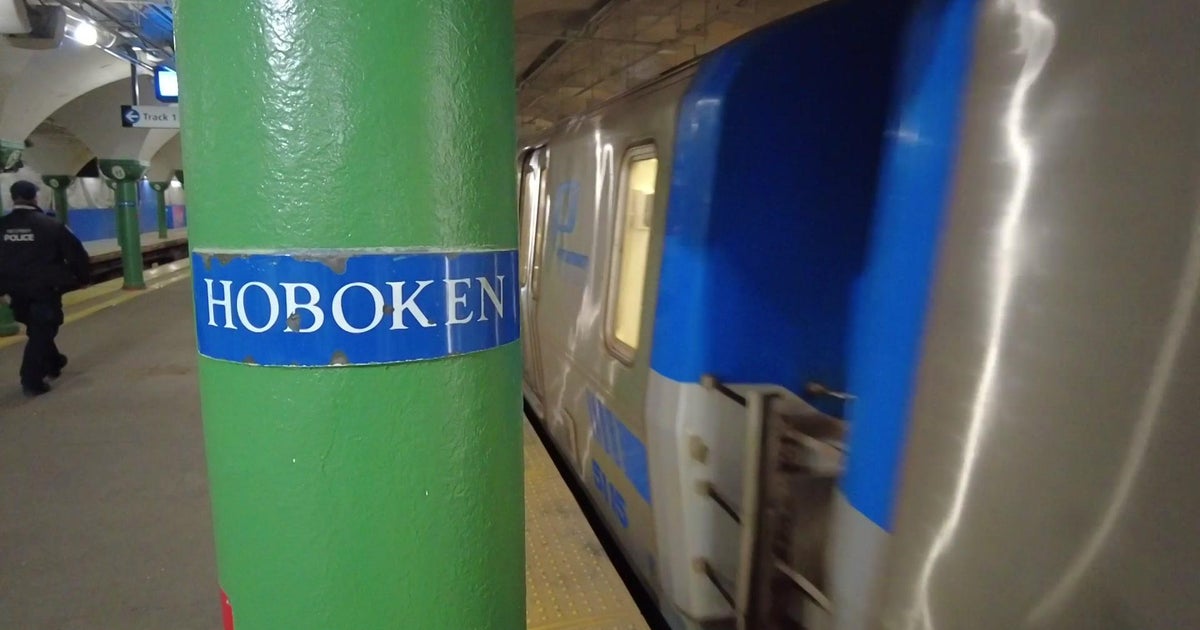Memorial Service Honoring Lost WWII Submariners Held At Mare Island
VALLEJO (KPIX 5) -- A small ceremony was held at Mare Island in Vallejo to honor some fallen warriors from WWII who don't usually get a lot of fanfare. The submarine service is known for staying silent, but at Sunday's service, a call rang out to remember those who have been lost.
When the Japanese bombed Pearl Harbor, wiping out most of America's Pacific Fleet, they made one big mistake. They left the submarine base intact, making the underwater fleet that much more important.
"I mean, they were it for a year or so…they were the only thing left defensively," said Mare Island historian Larry Maggini.
The island would become vital as a place where subs were built and later repaired. Maggini says submarines accounted for more than half the Japanese warships sunk and essentially ended merchant shipping, crippling the island nation's economy. But no one really talked much about that.
"Submariners, if they're smart, don't talk," said Maggini, "because that's their life…depends on stealth. You know, unknown, unseen. If they know you're there, they can kill you."
Before about 40 visitors, a bell was rung for each of the 52 American submarines lost during the war. Seven of them launched from the Mare Island dock; one of them was the USS Wahoo under the command of skipper Dudley "Mush" Morton.
"Still is one of the legends in the submarine force," Maggini said. "They were actually the first boat that really made headlines for being aggressive and sinking ships, you know?"
But the Wahoo was eventually sunk as well--no one knew where--until 2006 when its remains were found off the coast of Japan. That's when Myrna Hayes, president of the Mare Island Heritage Trust, began honoring the men who shoved off from Vallejo, never to return.
"I've just become very emotionally attached to those 575 men who are somewhere in the bottom of the sea known only to God, except for the USS Wahoo," Hayes said.
Submariners made up less than two percent of Navy personnel in WWII but sustained more than a 20 percent death rate, the highest of any US military service during the war. At Mare Island, they'd like their simple annual ceremony to speak up for those who were silenced and are now said to be on "eternal patrol."
"I'd like at least for the people that live here to know what happened here," Maggini said, "because I think most of them don't…absolutely don't have a clue what was done here."







